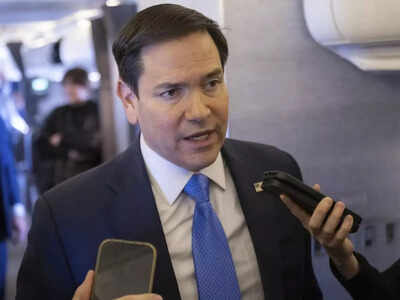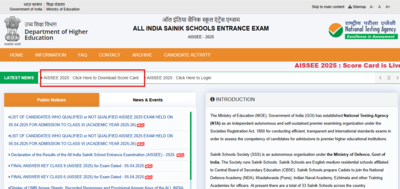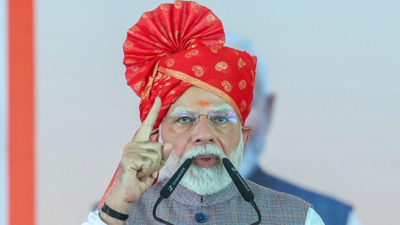A visa is a privilege, not a right, says Marco Rubio: Exploring the fine line in US immigration policy

In a fiery exchange that sent ripples across both political and academic circles, US Secretary of State Marco Rubio told lawmakers this week that “a visa is not a right, it’s a privilege,” as he defended the mass revocation of student visas. The remark came amid a tense Senate hearing where Democratic Senator Chris Van Hollen accused Rubio of trampling on the constitutional rights of foreign students protesting US support for Israel.At the heart of the debate was the case of Rumeysa Ozturk, a Turkish doctoral student at Tufts University, who was detained after criticizing her campus’s stance on Gaza. Despite a federal judge finding no links to extremism or hate speech, her visa was revoked and she was sent to a Louisiana detention center. The episode has reignited long-standing questions: What rights do foreign students actually have in the US? And where does the line between privilege and protection begin—and blur?Citizens vs. Guests: The Unequal Footing in US LawWhile the US Constitution guarantees several core rights to all people on US soil—such as freedom of speech and due process—those protections are not absolute for foreign nationals, especially when immigration or visa status comes into play. Unlike US citizens, international students on F-1 visas are considered “guests,” and their legal presence is conditional and revocable.The US government can revoke a visa without a trial, often without even informing the visa holder of the specific reason. This is because immigration policy falls under the broad authority of the executive branch, and courts have historically given the government wide latitude to determine who may enter or stay in the country.Freedom of Speech—But With ConsequencesWhile foreign students technically have the right to free speech, that right can be undermined by their immigration status. Secretary Rubio argued that students who participate in what he described as disruptive protests—such as “taking over libraries” or “leading campus crusades”—are abusing their privilege to stay in the country.Van Hollen, on the other hand, pushed back, saying Rubio’s actions were not about public safety but about punishing dissent. He referenced the McCarthy-era witch hunts, accusing Rubio of using national security as a pretext to silence criticism of US foreign policy.Due Process Denied? When Constitutional Rights Hit a WallOne of the more contentious issues raised in the hearing was the question of due process. US citizens cannot be punished or deprived of liberty without it. But for visa holders, immigration enforcement often bypasses full judicial proceedings.In Ozturk’s case, she was arrested by masked agents, held in detention, and stripped of her visa without a criminal charge, prompting outrage among civil liberties advocates. While a judge ordered her release, her visa remains revoked—demonstrating the fragile legal footing that foreign students occupy.The Fine Line Between Privilege and RightsRubio’s statement—”a visa is not a right, it’s a privilege”—may be legally accurate, but it exposes a deeper philosophical tension. When does a temporary presence in the US grant someone moral or political protection? And if someone lives, studies, and contributes to US society for years, should they still be treated as expendable?Critics argue that calling visas a privilege allows the government to enforce political conformity among foreign students, effectively creating a two-tier system of justice—one for citizens, and one for everyone else.Rights vs. Privileges in the US Visa System
While foreign students have some constitutional protections while on US soil, their ability to stay in the country is a revocable privilege, not a guaranteed right. This makes their free speech and presence inherently vulnerable to political or administrative decisions, especially in contentious times like now.The Broader Implications for US Higher EducationThis crackdown risks sending a chilling message to the global academic community: that the US may no longer be a safe space for intellectual freedom and political expression. Universities, once seen as sanctuaries for debate, may become surveillance zones for visa enforcement.As thousands of students from around the world apply to American institutions each year, many are now asking: Is the opportunity to study in the US worth the risk of having your stay revoked for your beliefs?The Rubio-Van Hollen exchange has illuminated not just a legal distinction but a moral one—between citizenship and conditional presence, between rights that are guaranteed and privileges that can be withdrawn. And as the US walks that blurry line, it raises a larger question for a country that champions freedom: Who gets to speak, and who gets to stay?





